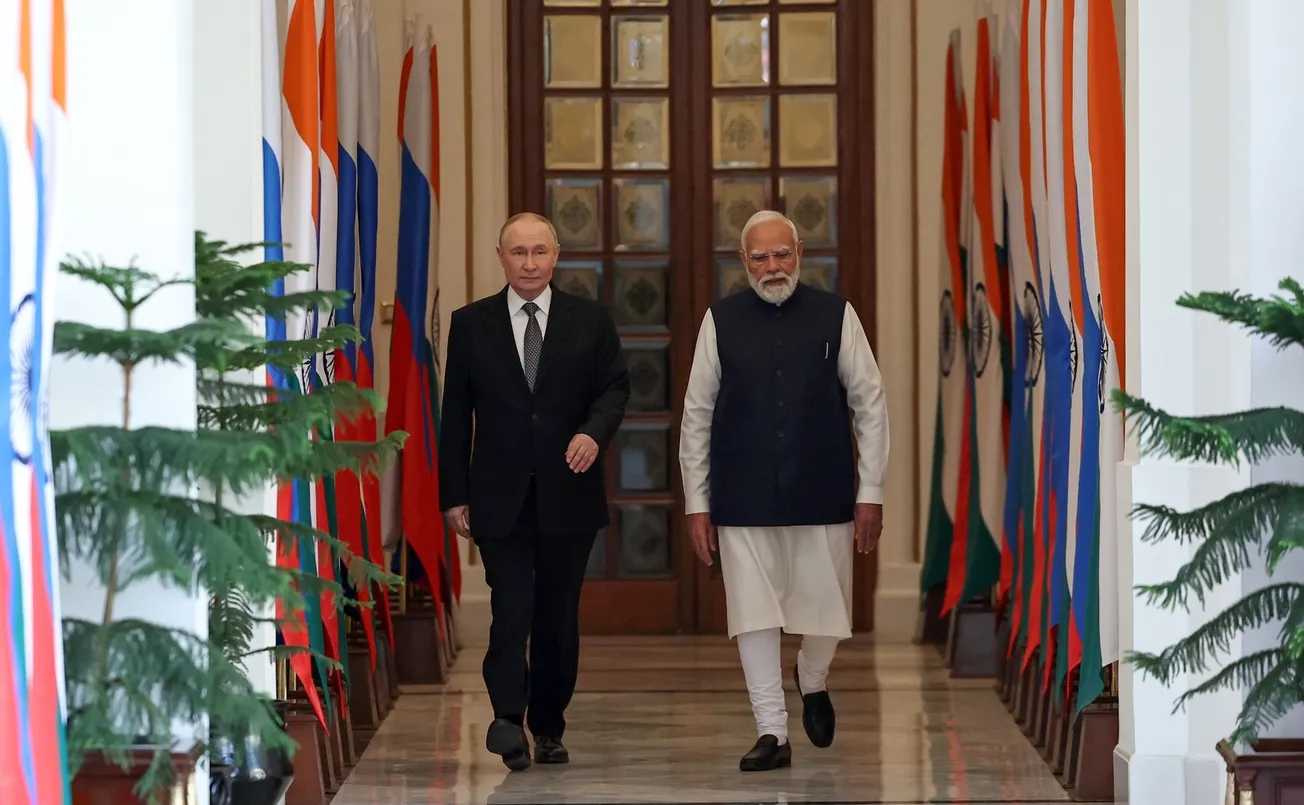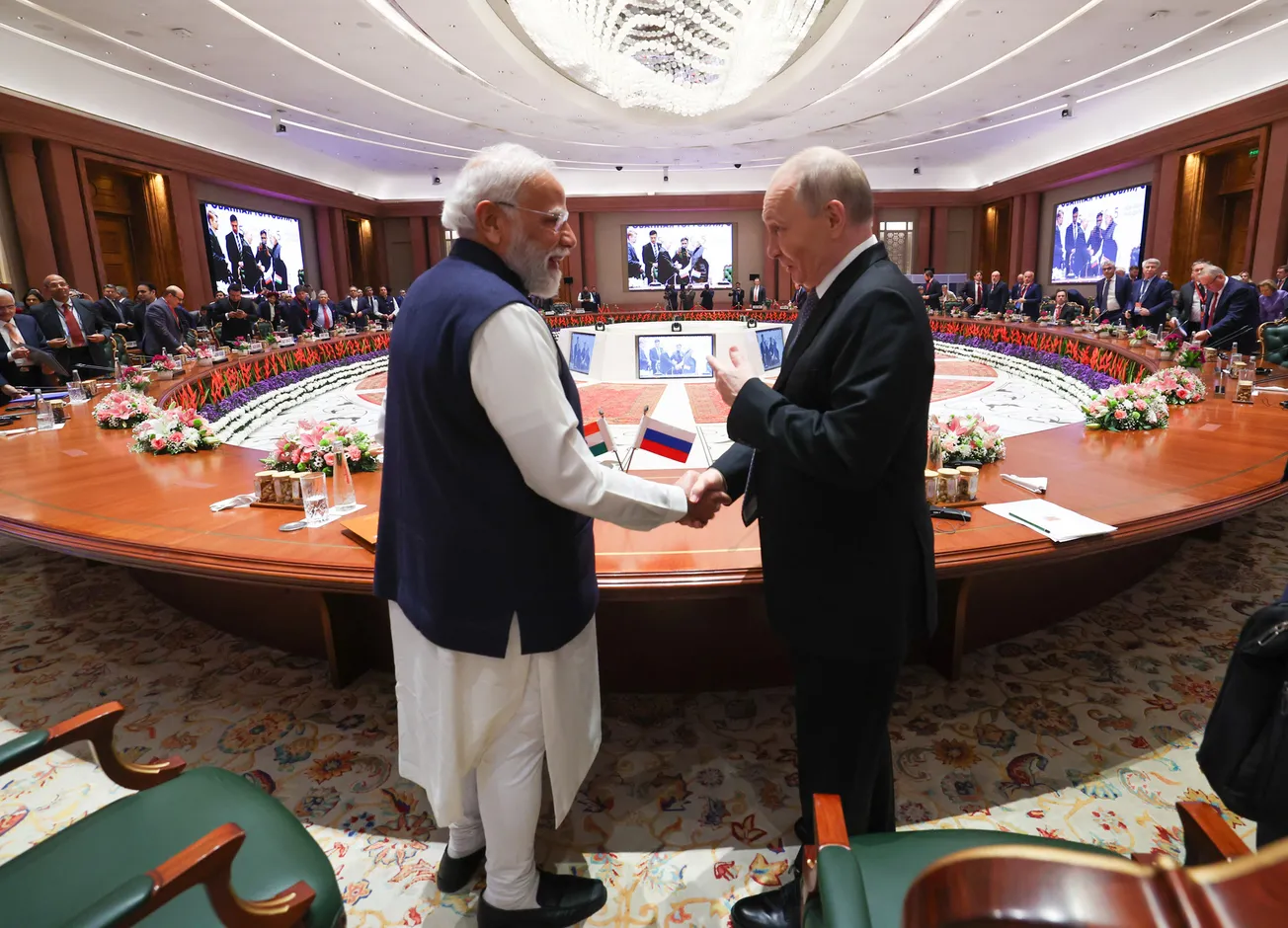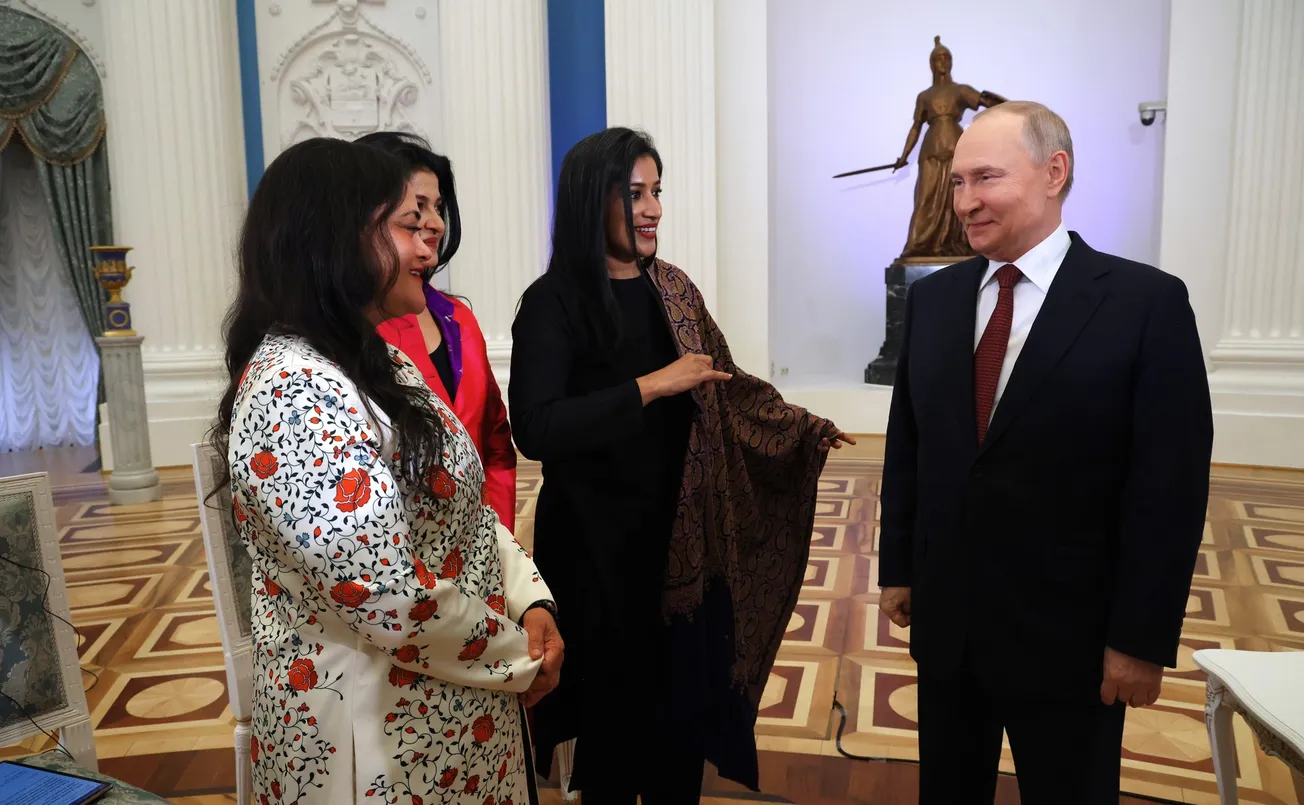Fyodor Lukyanov, Editor-in-Chief of Russia in Global Affairs, wrote the op-ed in RT today under the headline: “How the World Sleepwalked into Another Cuban Missile Crisis.” The article was also posted as the Editor’s Column in Russia in Global Affairs, which is a quarterly working closely with highest levels of foreign affairs and defense policymakers in Russia. (https://www.rt.com/russia/549209-nato-tensions-high-stakes/)
His title uses a similar image as Helga Zepp-LaRouche in her Dec. 31, 2021 memorandum, “Are We Sleepwalking Into Thermonuclear World War III?” (https://schillerinstitute.com/blog/2021/12/24/are-we-sleepwalking-into-thermonuclear-world-war-iii/ )
In his article, Lukyanov outlines the stalemate between the U.S. and Russia in regard to the strategic crisis involving Ukraine, and the strengths of both sides.
However, he makes a serious miscalculation in not acknowledging the Anglo-American oligarchs’ insanity, in writing: “In reality, no one wants a military solution, as it involves huge risks for all sides. There is no direct threat of nuclear confrontation between any of the sides; resources and capabilities of the sides are asymmetrical; the line between real and ‘virtual’ danger has become blurred; and the stakes are regional, which is not to say they are low.”
He concluded by asserting, “The best-case scenario would be the same as during the Cuban Missile Crisis. At some point, both sides would recognize the grave danger posed by further escalation and start direct substantive negotiations in order to work out the fundamentals of mutual guarantees. In 1962, this approach laid the foundation for a new system of relations between the two blocs, one that made the latter half of the Cold War safer, and there was significantly less fear of a direct head-to-head confrontation between the U.S.S.R. and the U.S. Today, this would seem the optimal way forward as well.”
While it’s true the approach taken between Kennedy and Khrushchev made “the latter half of the Cold War safer,” Kennedy was murdered 13 months later by the very madmen that sought for nuclear war in the first place. Since they considered it legitimate policy, then, to assassinate not only the President who effected that peace policy, but also his brother, why should one think their insanity from then would have changed, even in spite of the collapse of the Soviet Union? Since it clearly has not, one might argue with Mr. Lukyanov, that the danger is, therefore, greater than in 1962, and the first, best move, would be to acknowledge that fact, and fast.




